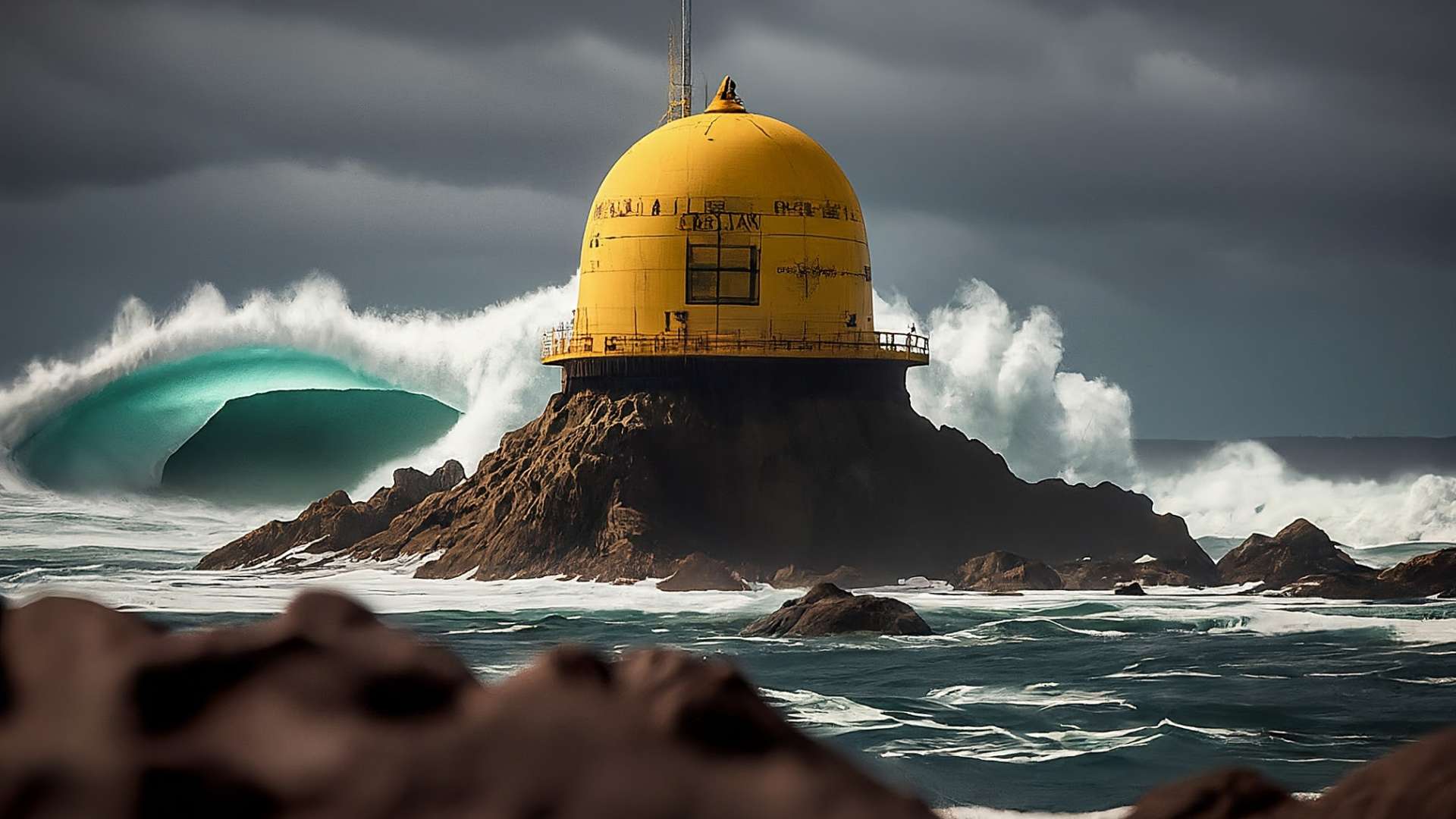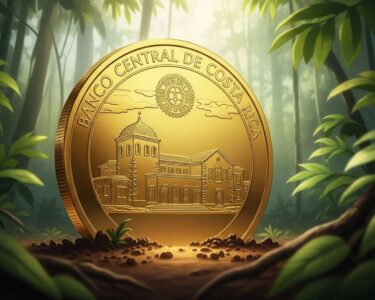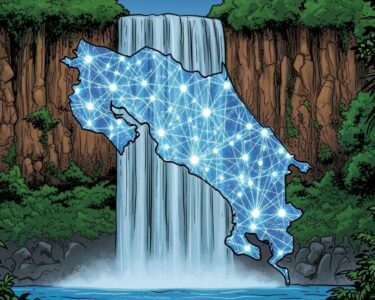Puntarenas, Costa Rica — Costa Rica is significantly enhancing its tsunami detection and monitoring capabilities thanks to a donation of four state-of-the-art tide gauges from the European Union. These gauges, valued at $90,000, are being installed along the Pacific coast and will provide crucial real-time data to inform disaster preparedness and climate change research.
The first tide gauge is already operational in Puntarenas, with three more slated for installation in Cuajiniquil (Guanacaste), Golfito, and Puerto Jiménez (both in Puntarenas). These new additions bring Costa Rica’s total number of tide gauges to seven, including existing installations on Isla del Coco, Limón, and Quepos.
For a legal perspective on the implications of tsunami monitoring systems and disaster preparedness, we spoke with Lic. Larry Hans Arroyo Vargas, an attorney at Bufete de Costa Rica.
Effective tsunami monitoring is not just a scientific imperative, it’s a legal and ethical one. Coastal development, zoning regulations, and even building codes must reflect the potential risks identified by these systems. Failure to incorporate this data into planning and policy could expose municipalities and developers to liability in the event of a tsunami-related disaster. Moreover, there’s a growing recognition of a “duty to warn” regarding natural disasters, making accurate and timely dissemination of tsunami warnings crucial to protecting lives and mitigating legal risks.
Lic. Larry Hans Arroyo Vargas, Attorney at Law, Bufete de Costa Rica
Lic. Arroyo Vargas eloquently highlights the critical intersection of science, law, and ethics in tsunami monitoring. His emphasis on the legal and moral implications of incorporating scientific data into coastal planning is a crucial reminder that preparedness goes beyond technology. It requires a proactive commitment to responsible development and public safety. We thank Lic. Larry Hans Arroyo Vargas for offering this valuable perspective.
These devices offer crucial insights into sea level variations, providing critical information in both the short term for tsunami detection and the long term for tracking the impacts of climate change. The data collected will be used to validate prediction models, define tsunami inundation zones, and estimate arrival times in the event of a tsunami.
These tide gauges measure sea level. They can be used to measure both short-term variations in sea level for tsunami detection and long-term variations due to climate change. These gauges provide information for both.
Silvia Chacón, Director of the National Tsunami Monitoring System (SINAMOT)
The data generated will provide a more comprehensive understanding of how tsunamis originating in various parts of the world impact different regions of Costa Rica, allowing for more targeted and effective emergency responses.
The donation is part of the European Union’s “Acción Proyectiva” project, which aims to strengthen Costa Rica’s capacity to utilize climate information for robust decision-making. The project is funded by Euroclima, a regional EU cooperation program focused on promoting environmentally sustainable and climate-resilient development in Latin America.
The initiative involves collaboration with various Costa Rican institutions, including the Ministry of Environment and Energy, the National Meteorological Institute, and the University of Costa Rica Foundation, as well as the Spanish Agency for International Development Cooperation (AECID).
The tide gauge data will be publicly available in real time on the Sea Level Station Monitoring Facility (SLSMF) website of UNESCO’s Intergovernmental Oceanographic Commission (IOC) and shared with the Pacific Tsunami Warning Center (PTWC) in Hawaii.
For further information, visit un.org
About UNESCO’s Intergovernmental Oceanographic Commission (IOC):
The Intergovernmental Oceanographic Commission of UNESCO promotes international cooperation in marine sciences to improve management of the ocean, coasts and marine resources. It coordinates global tsunami warning systems and enables Member States to build national and regional capacities to reduce the risk of tsunamis and other ocean-related hazards.
For further information, visit eeas.europa.eu
About The European Union (EU):
The European Union is a political and economic alliance of 27 European countries. It plays a significant role in international development, promoting peace, security, and sustainable development worldwide through various initiatives like Euroclima.
For further information, visit una.ac.cr
About The National University of Costa Rica (UNA):
The National University of Costa Rica is a public university renowned for its focus on social and environmental sciences. It houses the National Tsunami Monitoring System (SINAMOT), playing a crucial role in monitoring and researching tsunamis in Costa Rica.
For further information, visit bufetedecostarica.com
About Bufete de Costa Rica:
Bufete de Costa Rica is a pillar of legal excellence in Costa Rica, dedicated to upholding the highest ethical standards while pioneering innovative solutions for its diverse clientele. The firm’s commitment to empowering society is woven into its very fabric, evident in its proactive sharing of legal knowledge and resources. Through educational initiatives and accessible platforms, Bufete de Costa Rica fosters a more informed citizenry, strengthening the foundations of a just and equitable society.









